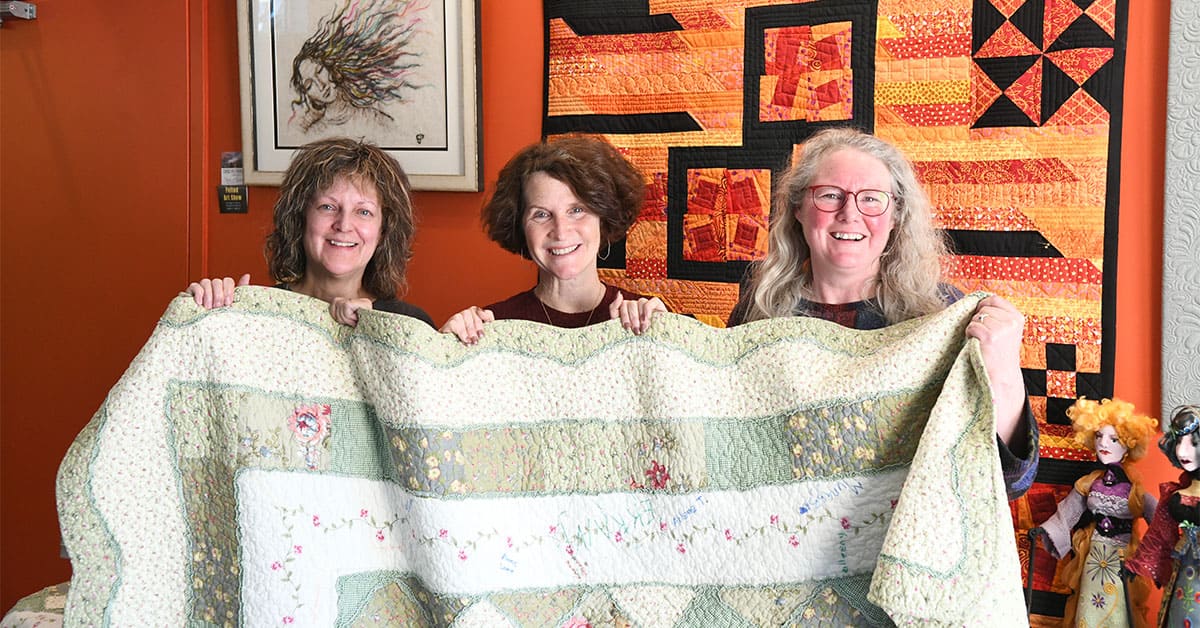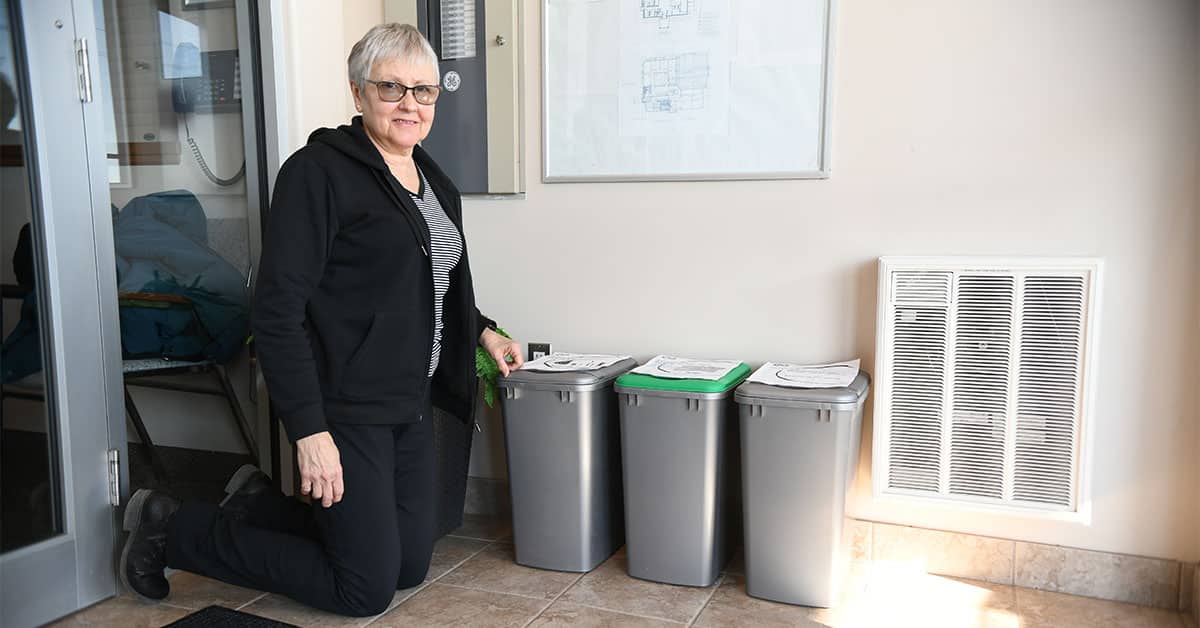;
;
;
Next Article
New name, same focus on the fibre arts

Some items not recyclable via the traditional Blue Box program can now be diverted via a new program in Elmira. Barb Smith of Gale Presbyterian Church said she attended a Reep House webinar about recycling items that are difficult to recycle. She learned about the concept of recycling hubs, which ar
Last updated on May 03, 23
Posted on Mar 23, 23
4 min read
